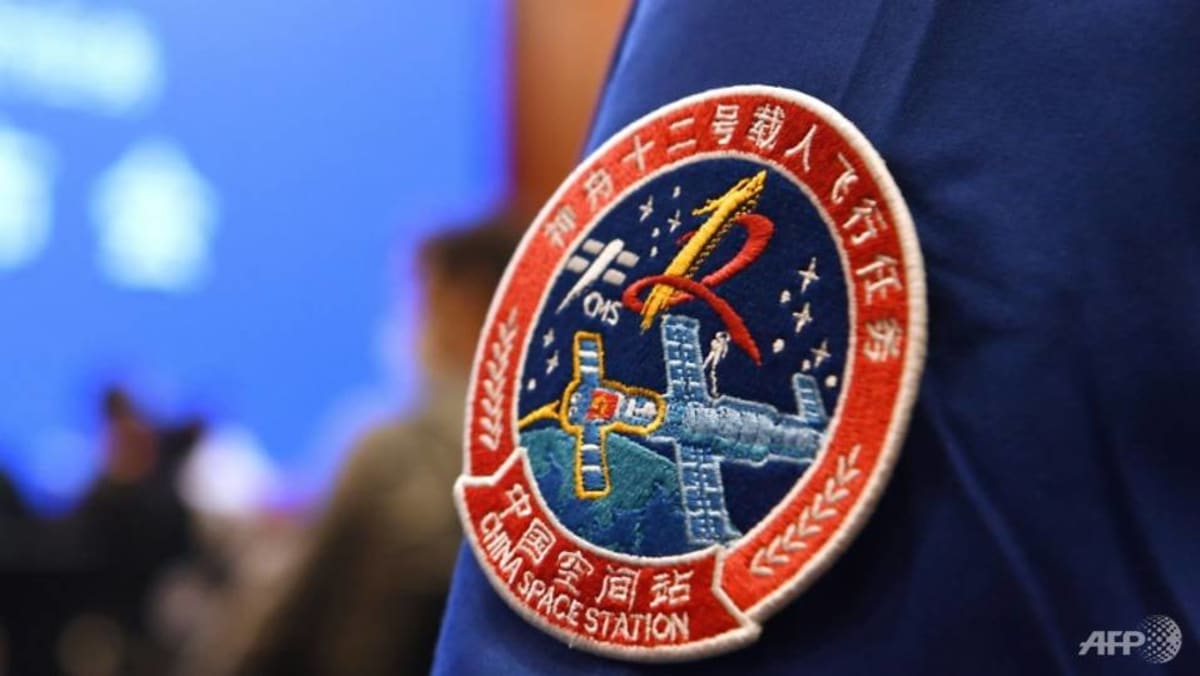
China, while claiming to be impartial to the conflict, has consistently issued official statements and media reports with pro-Russian narratives and has expanded its economic ties with Russia amid Western countries’ economic sanctions on Moscow. Although Beijing has not yet provided lethal military aid to Russia, China’s companies have supported Russia with “nonlethal assistance,” according to US officials.
And China’s military has participated in large-scale exercises and patrols with Russian armed forces aimed at improving their interoperability and deterrence signalling. At a time when Europe and China are supporting opposite sides of a conflict that has been likened to a superpower proxy war, sending European astronauts to Tiangong would be awkward at best.
The ESA director general’s remarks, while annoying to Beijing, were almost certainly not unexpected.
During a press conference in April 2022, Chinese Foreign Ministry Spokesperson Wang Wenbin dodged a direct answer when asked whether any foreign astronauts would enter China’s space station. In the vaguely worded reply, the spokesperson said that foreign astronauts are “welcome to visit”.
NO NOTABLE EFFECT ON CHINA SPACE PLANS
While it is likely an unwelcome development for Beijing, it is highly improbable that the absence of European astronauts on Tiangong will have any notable effect on the space station’s operations or on China’s expansion into space more broadly.
China has invested enormous sums into its manned space program since the 1990s. Its reported space budget is second only to the United States. It is seeking to become the world’s pre-eminent space power by mid-century.
